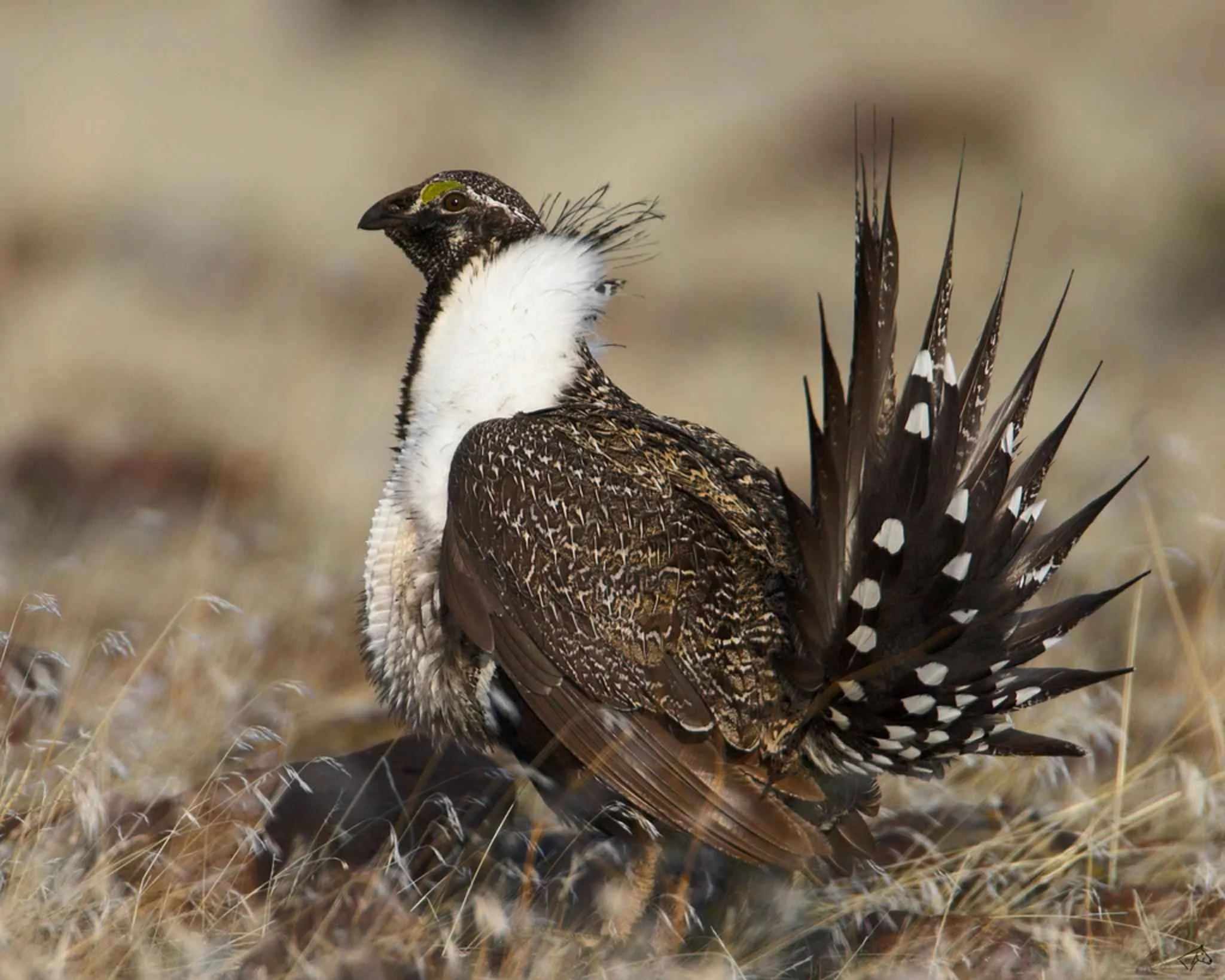Nearly All Newborn Sea Turtles in Florida Are Female Due To Warming Climate
Experts fear the climate crisis will cause a “sharp decline” in sea turtle populations as the lack of newborn males is already affecting breeding seasons - with one wildlife center finding no male sea turtles for the last four years.
Rising temperatures in Florida are causing nearly all sea turtles to be born female, as experts warn that the gender imbalance will have a potentially devastating effect on future turtle populations.
The high female birth-rate is due to the fact that the warmth of a sea turtle’s nest governs which gender the eggs will hatch as.
When sea turtles flock to the shore to lay their eggs on the sand, if the sand is cooler, then the hatchlings will likely be males, while if the sand’s warmth allows for an incubation temperature of above 88.8 F, then they will be female.
As the climate crisis drives even hotter temperatures and at a more consistent rate than ever before, wildlife experts are seeing vast increases in female births, with some reporting not to have found any newborn males at all.
“The frightening thing is the last four summers in Florida have been the hottest summers on record,” Bette Zirkelbach, manager of the Turtle Hospital in Florida Keys, told CNN.
“Scientists that are studying sea turtle hatchlings and eggs have found no boy sea turtles, so only female sea turtles for the past four years,” Zirkelbach added.
Vastly imbalanced gender ratios amongst sea turtle hatchlings could devastate populations of the marine animals.
“Over the years, you’re going to see a sharp decline in their population because we just don’t have the genetic diversity,” said Melissa Rosales Rodriguez, who works at a turtle hospital at the Miami Zoo. “We don’t have the male-to-female ratio needed in order to be able to have successful breeding sessions.”
What Can You Do?
The production of animal-based foods is devastating for the environment. It has the highest environmental footprint of all foods in regards to water degradation, deforestation, biodiversity loss, and the pollution of terrestrial and aquatic systems.
As the human population continues to expand and adopt diets rich in meat, eggs, and dairy, experts say it’s highly unlikely that global warming will be kept below 2°C, (global leaders have committed to limit the global average temperature rise to well below 2°C). In fact, even if fossil fuel emissions were eliminated immediately, emissions from the global food system alone would make it impossible to limit warming to 1.5°C and difficult even to realize the 2°C target.
What we eat matters. The most powerful thing we can do as individuals to help curb the climate crisis and protect the animals, humans, and the planet we all share is to adopt a plant-based diet.
To help you embrace vegan living, we recommend taking our free 7-Day Challenge here. Or you can download our free starter kit here.
We Have A Favor To Ask…
Species Unite amplifies well-researched solutions to some of the most abusive animal industries operating today.
At this crucial moment, with worldwide momentum for change building, it’s vital we share these animal-free solutions with the world - and we need your help.
We’re a nonprofit, and so to keep sharing these solutions, we’re relying on you - with your support, we can continue our essential work in growing a powerful community of animal advocates this year.
More stories:
Species Unite
A collection of stories of those who fight the good fight on behalf of animals.




From roses and chocolates to scented candles and much more, here are the ones we'll be wishing for come 14 February.